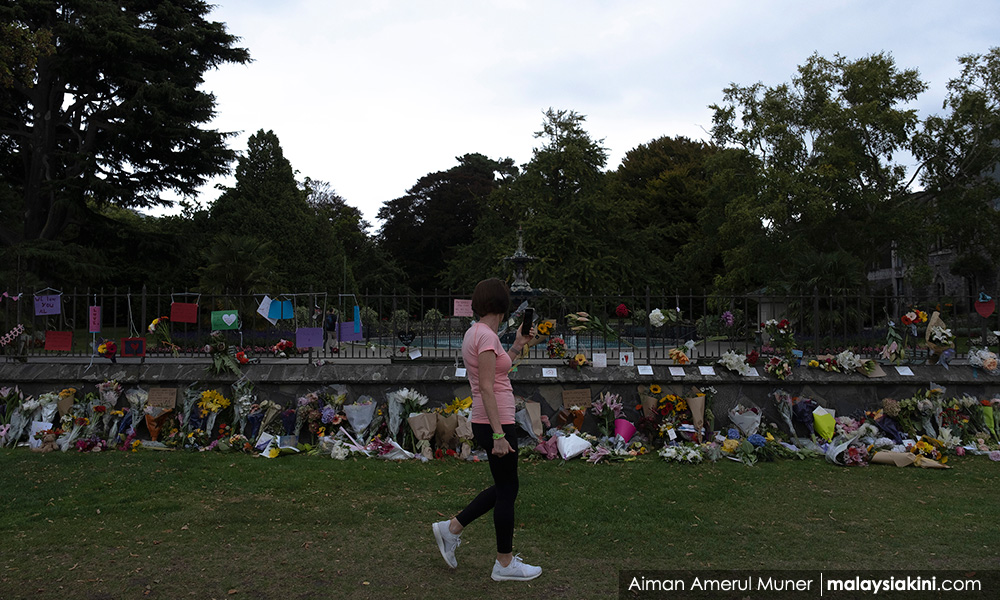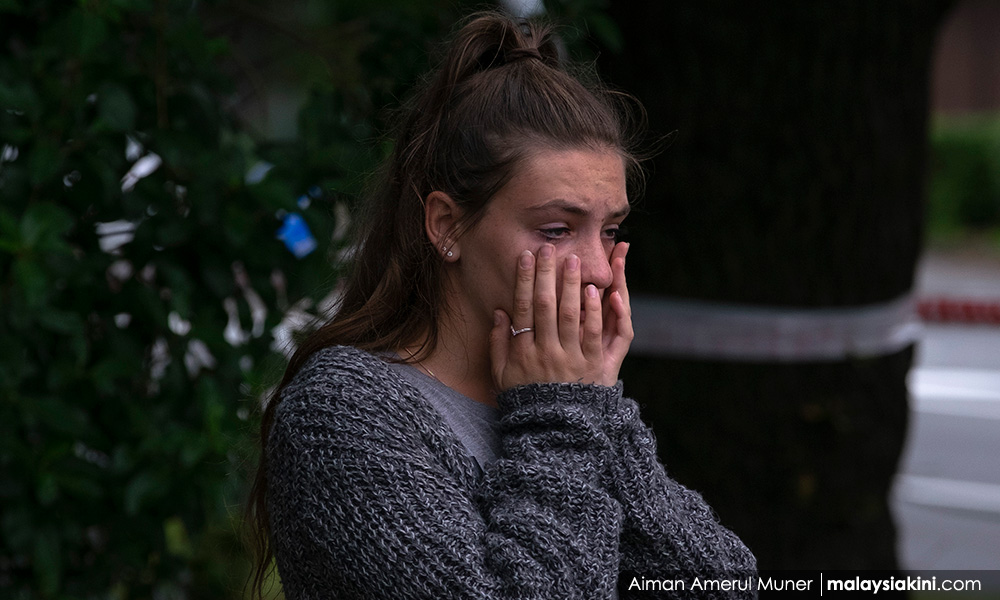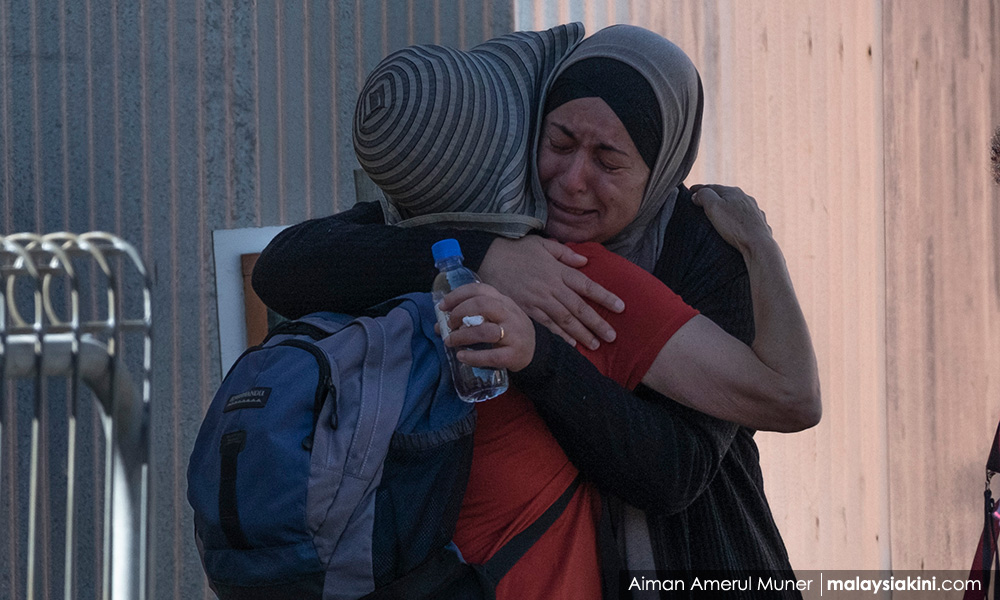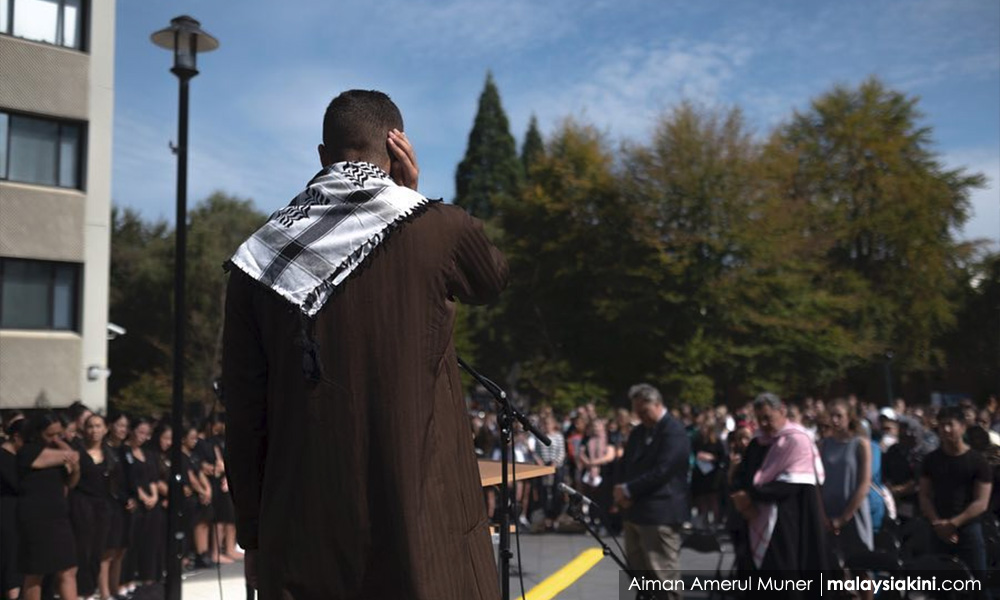“Almost every person we spoke to was in some stage of grief, trauma or shock,” says Charlotte Greenfield, the first Reuters correspondent to reach Christchurch, New Zealand, on the night a gunman opened fire in two mosques and killed 50 people.
“My first priority was to not traumatize anyone again, my second was to gather the information I needed to tell the story accurately and as deeply as possible.”
The challenge for any journalist covering the massacre was the struggle to remain dispassionate when the country was in shock and people being interviewed had suffered such sudden tragedy. Reuters had a team of nine reporters, photographers and TV journalists in Christchurch to report on the massacre.
Greenfield had the added challenge of being a New Zealander. She felt personally closer to events than many other journalists.

When she flew into Christchurch that night from Wellington, on one of the last planes to land before flights were stopped for security reasons, Greenfield saw heavily armed policemen at the airport, and heard ambulances wailing and the sound of low-flying helicopters.
“The only other place I had heard that sound at that intensity was in Kabul, where I had been working in January. That first night, I woke up often, thinking I was back in Afghanistan,” says Greenfield, who has also worked in Indonesia, where she covered a 2014 plane crash that killed all 162 on board.
She said she struggled the next day to remain calm when interviewing people who had lost loved ones.
“The way that seemed to work best to speak to people was to always start first by asking how they were and trying to express compassion for their loss,” Greenfield says. She would converse, she said, “if they felt like talking.”
“It was really the subject I was interviewing who taught me that, from the man I walked beside in the park who told me of his dramatic escape from the mosque, to the woman who wanted to show me photos of her husband who had died after running back to the mosque after initially getting out.
“Very often, and still now, a few tears came to my eyes. So far as I can tell, the people I spoke to didn’t seem to mind.”

Sydney correspondent Tom Westbrook, who arrived in Christchurch the next day, says he was struck by the silence in the city. The man suspected to be the gunman had been apprehended and Christchurch was dealing with its grief.
“For the next five days, I barely heard a conversation above a murmur,” Westbrook says. “It was a city in shock. At makeshift shrines to the victims, people gathered in silence, tears rolling down their faces.
“The loudest sounds were of buzzing cicadas, rustling oak trees and humming generators set up by television networks to power the satellite dishes they were using to transmit their broadcasts.”
‘Horrified soul-searching’
Westbrook is based in Sydney, Australia, where he mainly reports on company news: profits, losses, stock prices up or down.
He said he had many difficult conversations with the bereaved.
“One of hardest discussions was with Farid Ahmed, whose wife Husna was gunned down, while he survived. As he spoke for over two hours, with a television camera rolling, I was close to tears.”

As a journalist, though, he had to set the emotion aside to make sure he was reporting the story right, Westbrook said.
“We had to check a lot of things with him: where were you exactly in the mosque, which way did you get out, what is the name of Husna’s school? It is not easy to check all these things with someone who is very emotional and maybe not thinking clearly themselves, and to raise them in a way that is delicate.”
Greenfield says, as a New Zealander of European descent, covering the massacre by a suspected white supremacist also brought up “horrified soul-searching”.
“I had not felt so personally wrapped up in such harrowing questions in the midst of a story before,” she says.

“The Friday a week after the attacks, came a moment of catharsis interwoven with sorrow.
“After the call to prayer, the country came to a standstill for two minutes. School children stopped their lessons and sat cross-legged and eyes closed, tradesmen put down their tools, immigration staff stopped processing people at the border, most air traffic radios went silent, and around the country thousands stood outside mosques, leaving a long passage for those entering to pray.
“For a moment, the only story was silence.”
- Reuters
Australia's Senate condemns lawmaker over NZ massacre Muslim comments
UN condemns violence targeting individuals based on religion

